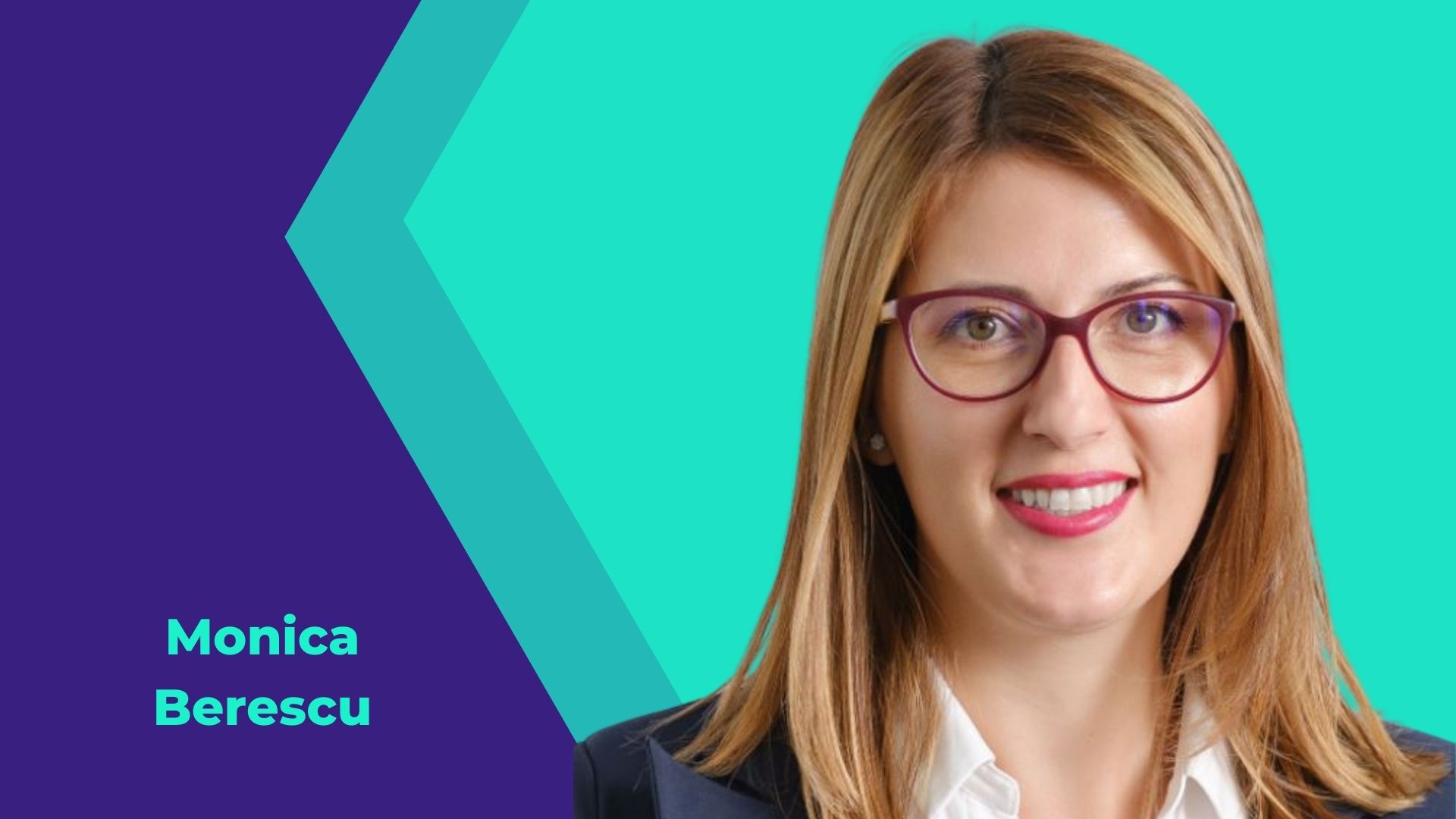“We need to create the legal framework to raise unicorns in Romania”, Monica Berescu believes. The 34-year-old Romanian member of Parliament is the vice-president of the IT Committee of the country’s legislative body.
Berescu has been at the forefront of a series of legislative proposals in the Romanian tech startup ecosystem since the beginning of the year. They target growing unicorns locally, by encouraging the development of native VCs. Currently, there is a law that allows alternative investment funds, including venture capital, to develop in the country. At least in theory, but investors believe it needs improving.
Cristian Negrutiu, founder of Sparking Capital, a micro VC fund investing in early-stage companies aiming for pre-seed or seed investments, shared with us that there are plans to simplify the Organization and Operation of Alternative Investment Funds Law and the subsequent Financial Supervisory Authority (FSA) regulations. The goal is to boost the registration of VC funds in Romania.
“The legislation now exists, but, in our opinion, it is too complicated and too excessive in terms of requirements, especially for professional closed funds (which a VC is). The application process takes too much time and is not structured,” Negrutiu adds.

Many VCs that are active in Romania are registered in countries like Belgium, Luxembourg, France, The Netherlands, or Great Britain due to easier paperwork. Now, investors are joining tickets between €5M-€10M in Romania, but tech startups need more than this amount to scale their solutions internationally. So, founders are left with moving their companies, at least on paper, to other countries.
With both VCs and tech startup founders having to grow outside of the community, Romania’s key ecosystem supporters aim to bring everybody “home”. They want to grow the country as an alternative jurisdiction, one with lower costs as well. Monica Berescu adds that the Information Technology and Communications (IT & C) sector should be of high interest to Romania as it provides 6,5% of its GDP.
Ana Maria Andronic, the Head of Intellectual Property and Technology Practice Group, part of DLA Piper Dinu SCA, the Bucharest-based office of the global law firm, also shared with us the importance of adapting the law in a previous interview:
“One thing that could make the country more interesting, in terms of attracting investments, would be to have the legislation for creating venture capital funds more accessible and friendly. I have witnessed over the last months’ people aiming to set up venture capital funds, but it seems that they still have to navigate an intricate framework of legislation and approvals to get this done,” Andronic says.

The share class draft law – a solution to grow startups at home
Monica Berescu co-initiated a draft law to amend the Companies Law, which was debated with local ecosystem players but was not approved by the Senate. She believes this happened due to a lack of understanding of this technical matter and is optimistic that since the final vote will be in the Chamber of Deputies, they will be able to collaborate and vote for the law in support of the Romanian IT sector.
“As lawmakers, we have the responsibility to facilitate a clear, legal framework that allows companies to attract investors and funds and grow their business here in Romania because the reality right now is that after the first round of investments, our startups choose other countries to develop their vision and this affects not only the Romanian IT industry but also the Romanian state,” Monica Berescu says.

Along with her fellow USR PLUS MP, Oana Toiu, President of the Labor and Social Protection Committee in the Romanian Parliament, their law amendment aimed to issue a class of executive shares with multiple voting rights. Their goal was to encourage companies’ development and attract larger financing rounds for funds based in Romania.
It was inspired by Google and Facebook models, where founders can have executive shares which amount to two votes, compared to one vote with which classic stock comes. This way, founders could influence strategic decisions. It also proposed different options for shareowners to sell their stocks.
With IT companies growing each year in the country – last year there have been over 100 AI tech startups registered, Berescu shared that it’s important for founders to feel supported and continue with their vision. She believes this is the next step towards a digital Romania. France is her role model for that, as the country grew over 25 tech unicorns inside its borders.
While waiting for the final vote, the vice-president of the IT Commission continues her journey through the country, in cities like Bucharest, Cluj, Timisoara, and Iasi, her hometown, to meet and discuss the improvement of the business environment with ecosystem players.







